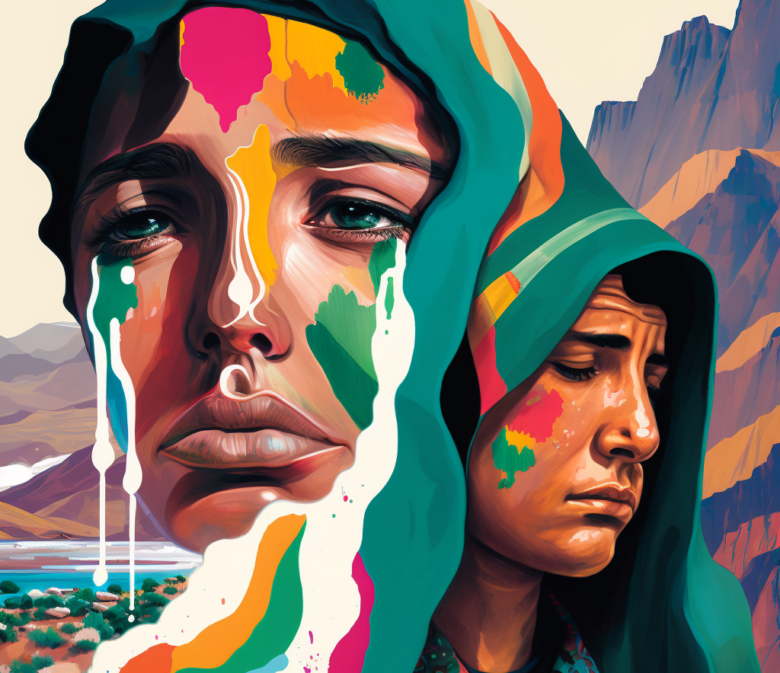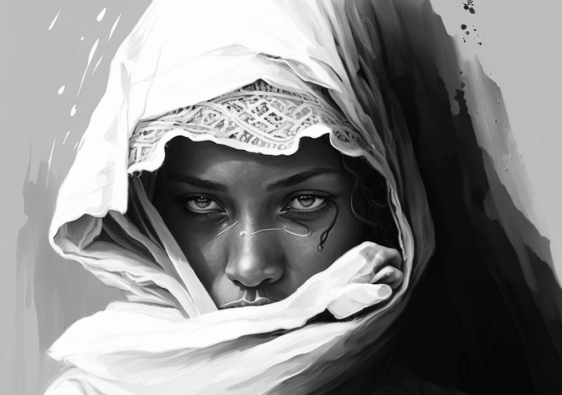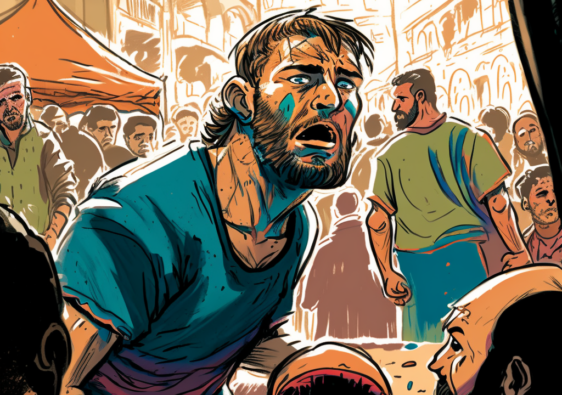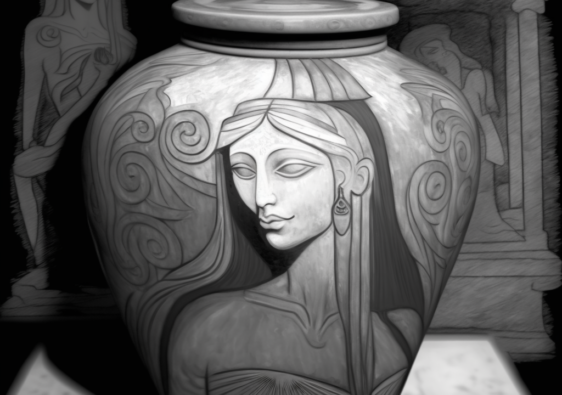Tislit & Isli
This is the story of Isli and Tislit whose tears filled lakes and whose love is truly eternal …
Isli and Tislit (literally the bride and groom) are two lakes located a few kilometers away from the village of Imilchil in the High Atlas of Morocco.
Imilchil you say? Like the festival?
Yes, the village that hosts the yearly Betrothal Festival.
The festival takes place in the village of Aït Amer, 25 km south of Imilchil, at the crossroads of Errich and Tineghir, near the tomb of Sidi Mohammed El Maghani, the local tribe’s patron saint.
Imilchil is one of the most famous Moroccan Moussems (a Moussem is an annual outdoor festival which associates a religious celebration often to honour a saint with festive and commercial activities).
The festival is an old tradition of the Aït Haddidou tribe and that celebrates the time when nomads met once a year to exchange products. It still takes place to this day and allows the tribes of the region, who has a strong sense of culture and tradition, to forge ties.
This festival is also known as September Romance.
Thus, every year, the village of Imilchil welcomes hundreds of young women and men who meet freely, without any constraint, to seal their fate by celebrating their marriage.
In the past, from the age of 18, single men and women from the surrounding tribes would dress up in their finest attire and head to the village of Imilchil for the wedding festival to find a life long partner. Today, most of the couples already know each other and the festival is mainly an opportunity to officialise their union. Traditionally, Amazigh engagement ceremonies take place in the large square. However, because the festival has become a touristic attraction, official marriages are kept private.
The Moussem of Imilchil combines the components of a modern festival, with its festive and commercial aspects on the one hand, and its cultural and social configuration rooted in ancestral traditions on the other. Over 30.000 people gather every year to celebrate. Artisans and farmers from the region have the opportunity to offer their products to a wider market than is available at the weekly market.
The moussem begins on a Friday, the day of the livestock sale. Saturday is reserved for the sale of basic necessities. Sunday is the day of folk songs and dances. For a long time the festival was closed off to visitors but it this has changed in the recent years.
The legend …
… The story begins with the romantic encounter of Isli a young man of the tribe of the Ait Brahim and Tislit a young girl of the tribe of Ait Yaaza; two branches of the powerful Ait Hadidou tribe. So far, so good as it was customary at the time to encourage intertribal marriage. However, this case was different; the Ait Brahim and Ait Yaaza were eternal enemies.
Despite their efforts to convince their families, the hatred was way too deep to be surmounted and the judgement of both families was non-negotiable. Isli and Tislit were forbidden to see each other and they had to say goodbye.
They met at the top of a hill situated between their villages. It was a sad moment and they could not hold back their tears. They cried themselves to death and their tears created the two lakes of Isli (his) and Tislit (hers). With the mountain separating the two lakes, it is believed that their souls remained apart even after their deaths.
Tribes and parents, so moved by the event, decided to give their children the freedom to choose their own spouse. Their death was a wake-up to the tribes and the Council of Elders ordained that no one should ever be separated from their loved ones. No political, cultural, tribal or racial difference should ever stand in the way of love. The festival of Imilchil is celebrated on the anniversary of Isli and Tislit’s death and it is the day the families chose for the members of the local tribes to meet. The courtship can then start with the benediction of both families (Taqrfiyt) …






